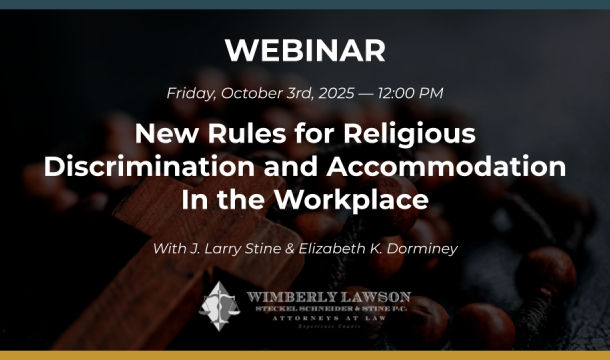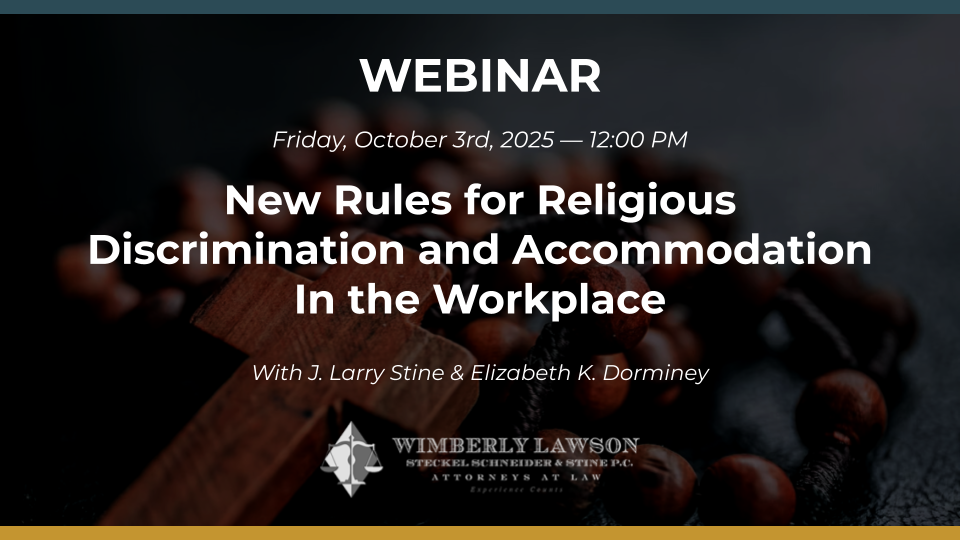Repeatedly “Suggesting” That an Employee Date a Client: That Can Be Sexual Harassment
A recent unpublished decision out of the Fifth Circuit Court of Appeals addresses the issue of whether a manager's conditioning of employment benefits on a subordinate employee's giving sexual favors to a third party, such as a client, constitutes quid pro quo sexual harassment. (Davenport v. Edward D. Jones & Co., 5th Cir., No. 17-30388, unpublished 5/16/18). The Fifth Circuit said that it does.
Quid pro quo sexual harassment occurs when a supervisor or manager conditions a job benefit or detriment on a worker performing sexual favors. At issue in the Davenport case was whether the requesting supervisor or manager must be the intended recipient of those favors. The plaintiff, Davenport, alleged that her supervisor interfered with her receipt of a bonus and made her work environment so intolerable she was forced to quit after she refused his attempts to get her to date a wealthy prospective customer.
The court rejected the company's argument that a worker must show that a supervisor was the intended recipient of the proposed sexual favors to establish quid pro quo harassment. The Court stated that because the supervisor made the requests, he engaged in the sexual harassment, and it is of no consequence that a third-party was to be the beneficiary.
I will note that the plaintiff may have won the battle on the appropriate standard for quid pro sexual harassment, but she ultimately lost the war; her case was dismissed for various reasons, including her failure to exhaust her administrative remedies because she did not include some of her allegations in her EEOC Charge.
Pro tip: It is never a good idea for a supervisor or manager to discuss a subordinate employee's dating life, and that includes making "suggestions" about who they should date. It is an even worse idea to "suggest" that the subordinate employee would benefit from dating the superior or a customer or client. An employer can be held strictly liable for this kind of sexual harassment.

Kathleen J. Jennings is a former principal in the Atlanta office of Wimberly, Lawson, Steckel, Schneider, & Stine, P.C. She defends employers in employment matters, such as sexual harassment, discrimination, Wage and Hour, OSHA, restrictive covenants, and other employment litigation and provides training and counseling to employers in employment matters.
Related Content
Get Email Updates
Recent Content

Trump Nominates Appointments to NLRB and EEOC but Policy Changes Likely to Be Delayed

DOL Launches Self-Audit Programs Designed to Help Employers Improve Compliance

DOL Must Release EEO-1 Reports to the Public under Open Records Laws

Current Advice on Active-Shooter Situations

New Policy for Federal Workers and Religious Expressions

